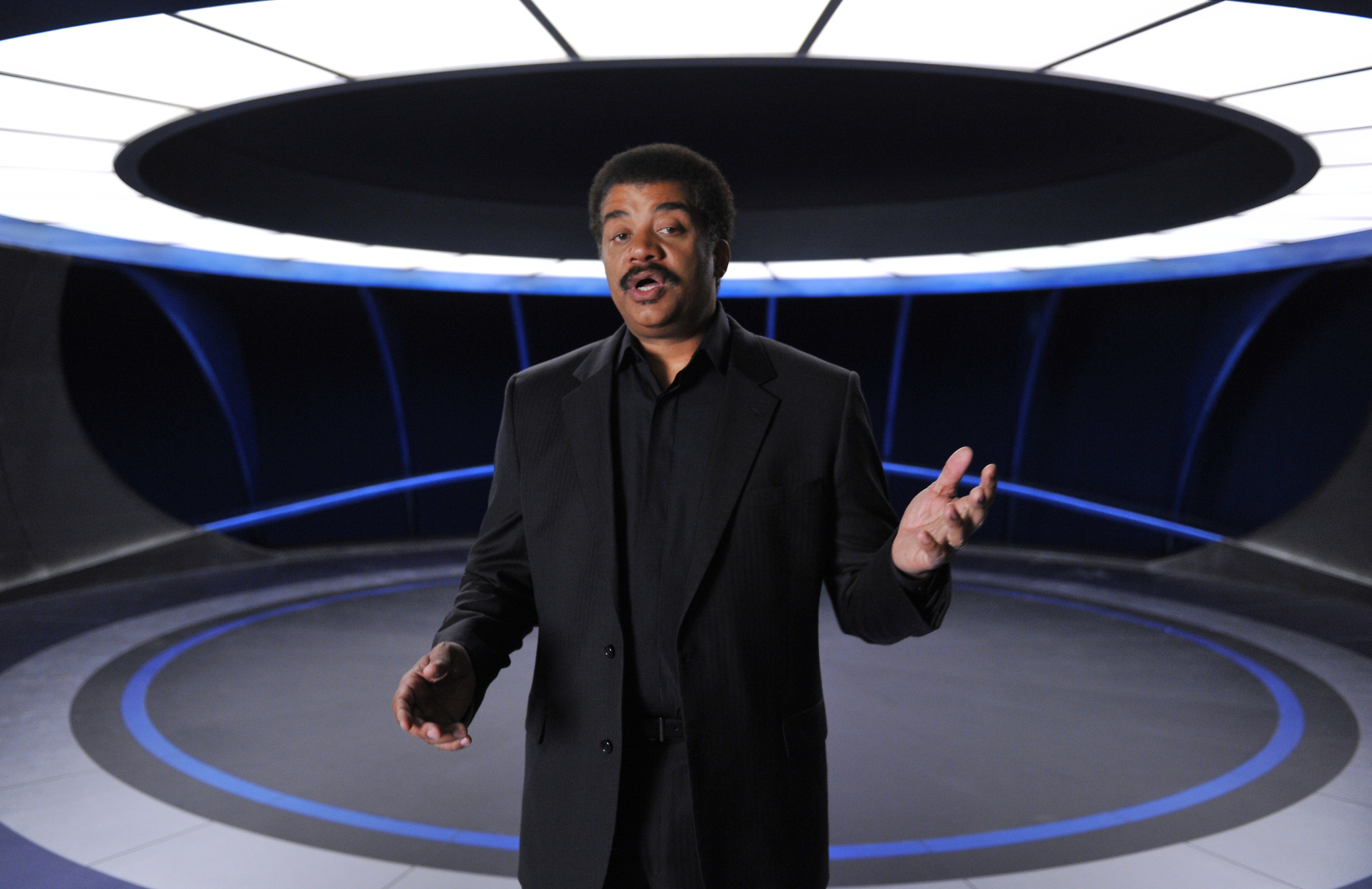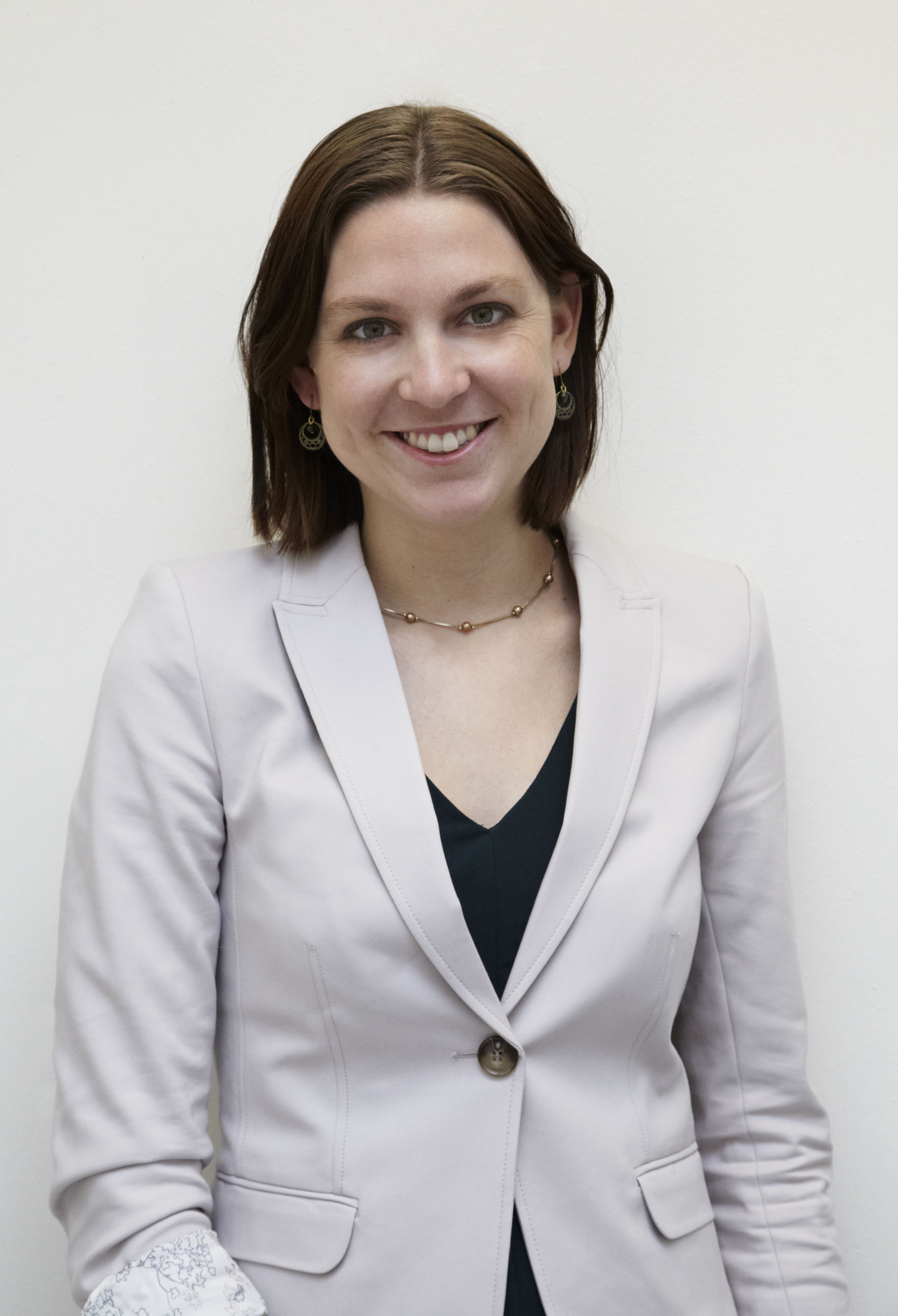Astrophysicist Neil deGrasse Tyson Talks 'Cosmos,' the Tooth Fairy and Space at SXSW

AUSTIN, Texas – On the eve of this month's premiere of "Cosmos: A Spacetime Odyssey," host and astrophysicist Neil deGrasse Tyson waxed poetic about science literacy, exoplanets and the Tooth Fairy here at the South by Southwest festival.
"Cosmos," which premiered March 9, is different from other science documentaries because it shows you why science matters to you, Tyson, director of the Hayden Planetarium at the American Museum of Natural History, told a packed audience filling multiple auditoriums. The second episode of "COSMOS" airs Sunday (March 16) on FOX and Monday on National Geographic Channel.
Science literacy is not a body of knowledge, but rather an exploration, Tyson said in the March 8 presentation to a packed auditorium of over 400 SXSW fans.
"I don't want to hand out answers," he said. "When you explore, all those answers come for free." ['Cosmos' Recap: 7 Things We Learned in the Premiere]
If a child is playing with a raw egg, for example, let him break it, Tyson said — that teaches the child the meaning of "brittle."
Tyson sees everything as a teachable moment. For example, he encouraged his daughter to take a skeptical view of the Tooth Fairy. So his daughter and her classmates did an experiment to test whether the Tooth Fairy existed, putting their teeth under their pillows without telling their parents.
Our place in space
Get the Space.com Newsletter
Breaking space news, the latest updates on rocket launches, skywatching events and more!
At one point during the Q&A, the moderator gave Tyson inflatable globes of the Earth and moon and asked him and a volunteer to demonstrate the distance between the two orbs. When the volunteer positioned the "moon" too close to the "Earth," Tyson told him,"You've been lied to by textbooks that have to squeeze the Earth and the moon into the same page."
Tyson also riffed on Austrian skydiver Felix Baumgartner's "space jump" from 39 kilometers (24 miles) above the ground. On the Earth globe, Baumgartner's jump equates to a height of about two millimeters (0.08 inches), Tyson said. "There's so much to actually be impressed with in the universe, I don't want you to be distracted with things that are not."
When the talk veered to why humans should go to space, Tyson joked that the dinosaurs would have gone to space if they could have. If humans don't invest in ways to deflect an asteroid, "I don't want to be the laughing stock of the galaxy," preserved in alien museums, Tyson said.
On a more serious note, Tyson called space exploration "a long-term investment in the health and wealth of the nation." Private enterprise will play a role in space exploration, but its too risky and expensive to do without governments, he said.
Tyson ended his talk on a hopeful note about public understanding. "The goal of 'Cosmos,"' he said, "is to empower people to take ownership of science."
The second episode of "Cosmos: A Spacetime Odyssey," called "Some of the Things Molecules Do," will air at 9 p.m. ET/8 p.m. CT on Fox on Sunday, March 16. It will re-air on Monday, March 17, on the National Geographic Channel at 10 p.m. ET/9 p.m. CT.
Follow Tanya Lewis on Twitter and Google+.Follow us @Spacedotcom, Facebook and Google+. Original article on Space.com.
Join our Space Forums to keep talking space on the latest missions, night sky and more! And if you have a news tip, correction or comment, let us know at: community@space.com.










